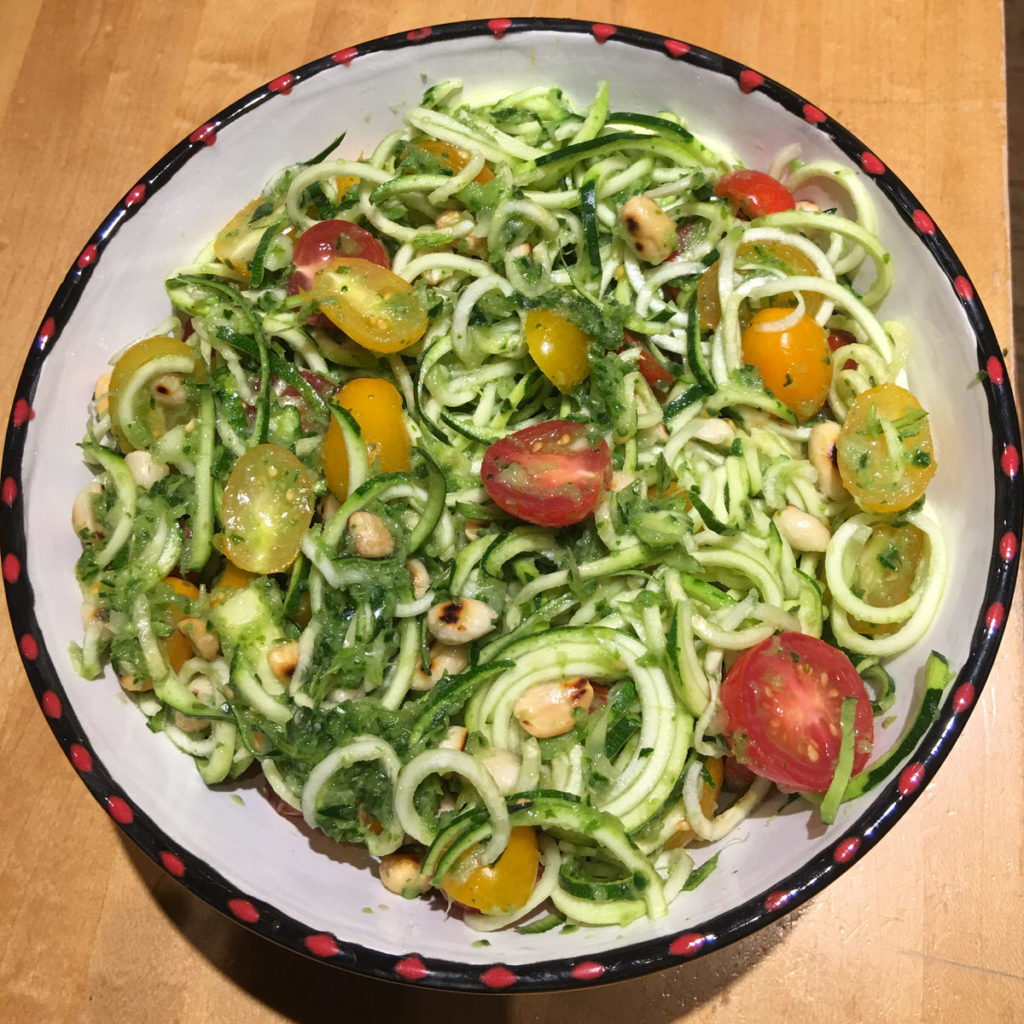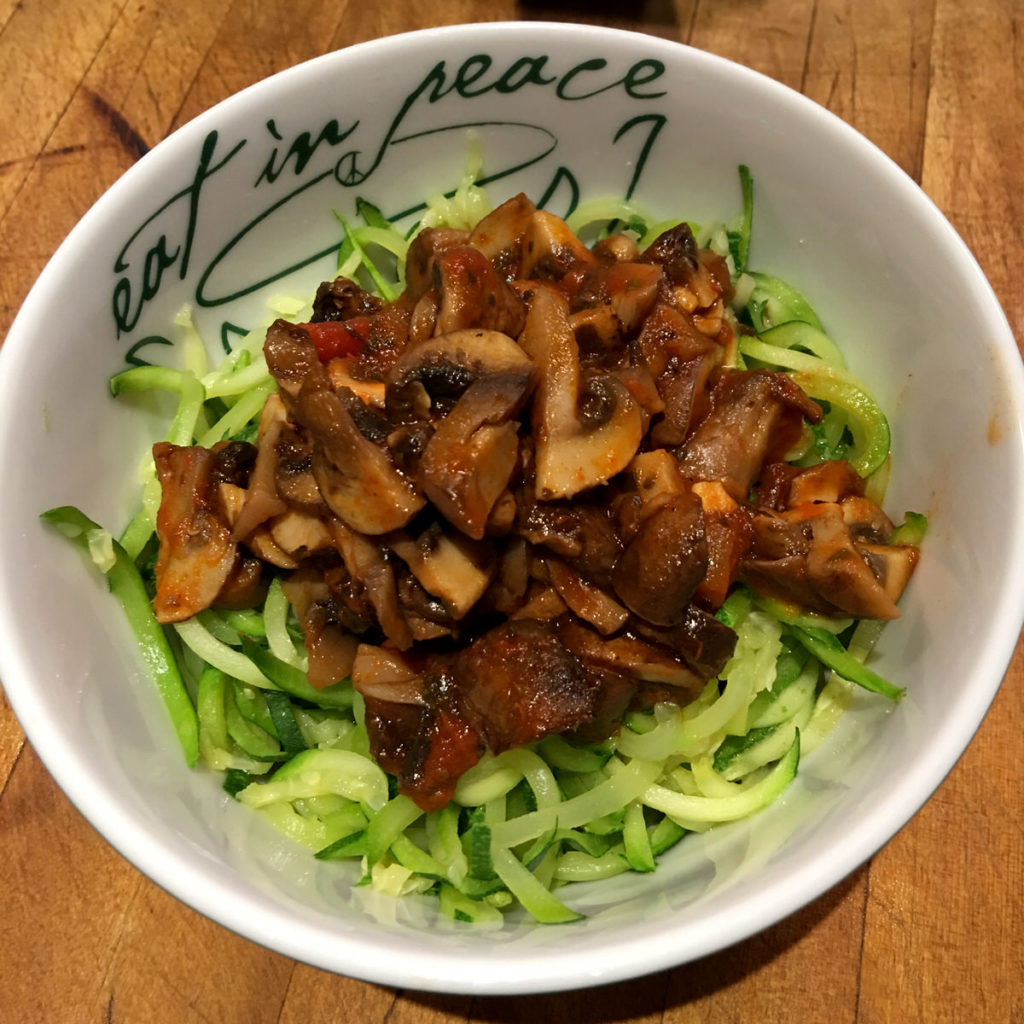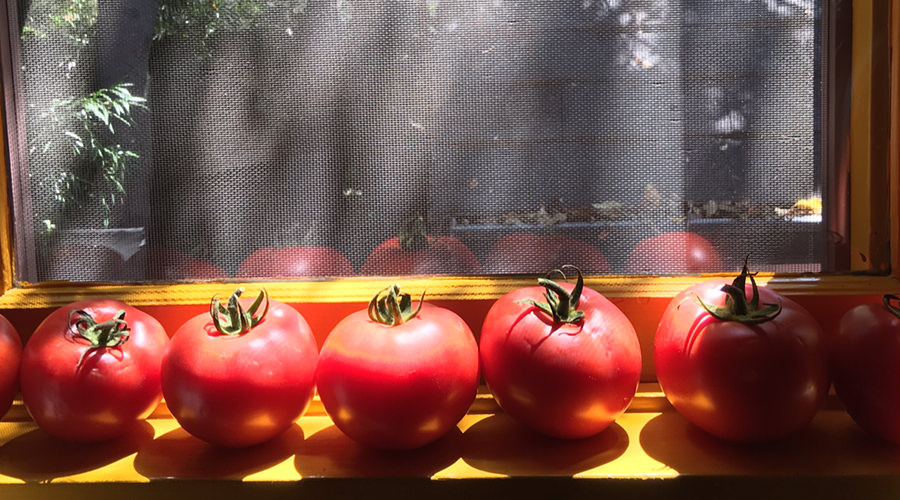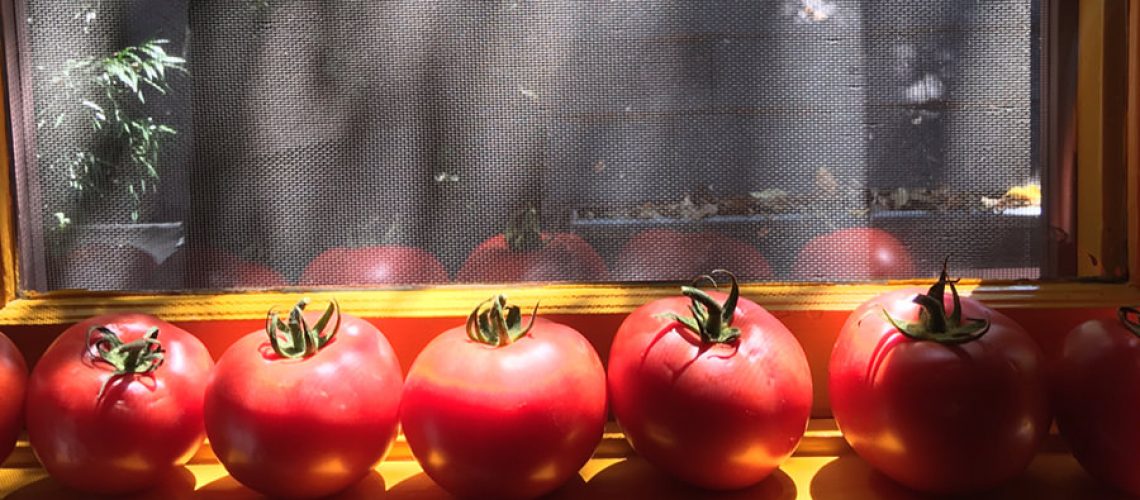By Jerzy Gregorek
There is a lot of talk about the dangers of consuming gluten and gluten-containing grains. The recent research and studies we read about in the media can be overwhelming and confusing. But in the end, we must decide to exclude the questionable ingredient or include it, deciding how much of it is still ok so it doesn’t affect our health. Our culture instills certain preferences in us as children and it influences on our future inclinations toward certain foods. If you grew up in a Latin culture you will probably like corn chips and salsa, tortillas and beans and rice. The same imprinting goes on in other cultures. This love of ‘soul food’ and emotional eating go hand in hand, and we see how people need transitions to wean themselves off an unwanted habit. Here is a story to illustrate how belief systems and conditioning can be changed if you try substituting something that is more beneficial for your health.

Francis was a landscape designer in his early fifties who came to us for weight loss ten years ago. When Jerzy explained The Happy Body diet plan to him, his eyes opened eyes wide and he said, “No pasta? No pizza?” His expression looked very intense as he waited for Jerzy to answer.“Yes, but limited amounts. You can still eat them,” Jerzy said.
“I’m Italian, and you’re telling me just a little pasta, one piece of pizza?”
“That’s right.”
He stood up and made a beeline for the door.
Following after him, Jerzy tried to find the right words to help Francis to overcome his cultural attachments. Immediately he thought of his own Polishness.
As Francis put his hand on the doorknob, Jerzy said, “I’m Polish, right?”
Francis turned his head but still left his hand on the doorknob. “Yes.”
“Should I be stupid, then?”
Francis thought for a moment, and said, “You’ve got a point.” Then he opened the door and left.
Since Francis hadn’t canceled his appointment for the following week, Jerzy held it for him, although he was fairly certain he would never see Francis again.
Nevertheless, Francis appeared on schedule, and he’d even lost a couple of pounds since his last visit.
Jerzy didn’t say anything about pasta, nor did Francis. Over the next forty weeks Francis lost an additional fifty pounds, but three years passed before he told Jerzy the real story behind the pasta.
His grandfather, he said, had created a special pasta sauce and started a tradition of inviting family members and friends to his house for dinner every Thursday. Then Francis’s father had continued this tradition, and Francis eventually took it over from him.
One day Jerzy asked him, casually, “You never told me—how did you manage to stop eating pasta?”
“I’ve never stopped eating pasta,” said Francis. “It was never about pasta. You told me that I should eat one hand in volume of protein and two hands in volume of vegetables. I did not want to stop eating pasta but I also wanted to lose fat. After some experimentation, I noticed that when I ate pasta with sauce and vegetables I was losing weight. When I ate meatballs with sauce and vegetables I also lost weight. I only gain weight when I ate pasta with meatballs alone, so I decided to save this way of eating for my Feast Day.”
Jerzy smiled. “You make me wonder whether it is the same with other high carbohydrates.”
“Well, you’re a potato guy,” Francis said. “How do you eat your potatoes?”
“Before, I ate them with salt and pepper, butter, sour cream; either fried or boiled; with meat, fish, or any animal protein. It’s just how my mother made them and how we’ve always eaten them in Poland. Or at least in my home.”
“Have you ever eaten them without anything?” Francis pressed.
“Yes, I’ve tried, but plain potato, I’ve discovered, is just not as tasty. Then I paired them with vegetables and I loved it. Now I have either a baked potato with a salad, or steamed or stir-fried vegetables with boiled or roasted potatoes. You see, I found a way to still enjoy potatoes occasionally. So you have your answer as far as potatoes go. There is nothing wrong with a potato, it’s what you eat with that potato. Potatoes, like pasta, are a high-energy food; therefore, you should only eat them with a low-energy food, which means vegetables.”
“Jerzy, what you’re saying is that if I eat high-protein and high-energy food I should pair it with vegetables low in protein, like green beans or asparagus, but if I eat low-protein and high-energy food I should pair it with vegetables high in protein, like broccoli or spinach, yes?”
“Basically, the rule should be one hand in volume of high-energy food with two hands in volume of low-energy food.”
“Alright. That’s easy to follow and still something that I can enjoy.”

DEEPER CONTEMPLATION
Is it possible to have both: a healthy diet and an enjoyable life without sacrifice and feelings of deprivation? What is your secret, if you have a way?
Leave your response below in the comments.



This was very helpful – I had not thought about it this way, but it makes so much sense- thank you Jerzy. Cheryl
You welcome Cheryl. To change your mind and old habits are not easy but there is always a way. It’s this constant reminder who you want to grow up to be a Master or a Fatalist.? Check out our new blog posts to cultivate the spirit of a Master.
So simple, so helpful to break it down that way. It’s not about deprivation it’s about keeping it in balance, discovering what is enough of the things we love to do and eat. I’ve noticed creating new habits and choices takes intention and awareness otherwise the default to deeply ingrained habits and strongly held cultural and emotional biases take precedent w/o even knowing it. Then, when one member of the family becomes healthier, more youthful and alive it causes everyone else in the family or circle of friends to question their choices and beliefs which often makes people angry and uncomfortable so they try and get you to change back to the “family” way of being, doing, eating. It’s a big push but worth it. It ultimately gives everyone permission to change. The key is awareness and a deep determination for a different future for yourself and having the courage to make different choices all day long.
Witam,
Właśnie słuchałem Pana wywiadu z Timem Feeriss. Podobał mi się wątek jak wspomina Pan czasy w Polsce jak również ogólnie Pana filozofia. Gratuluję sukcesów. Pozdrawiam,
Jarek.
Dziekuje Jaro.